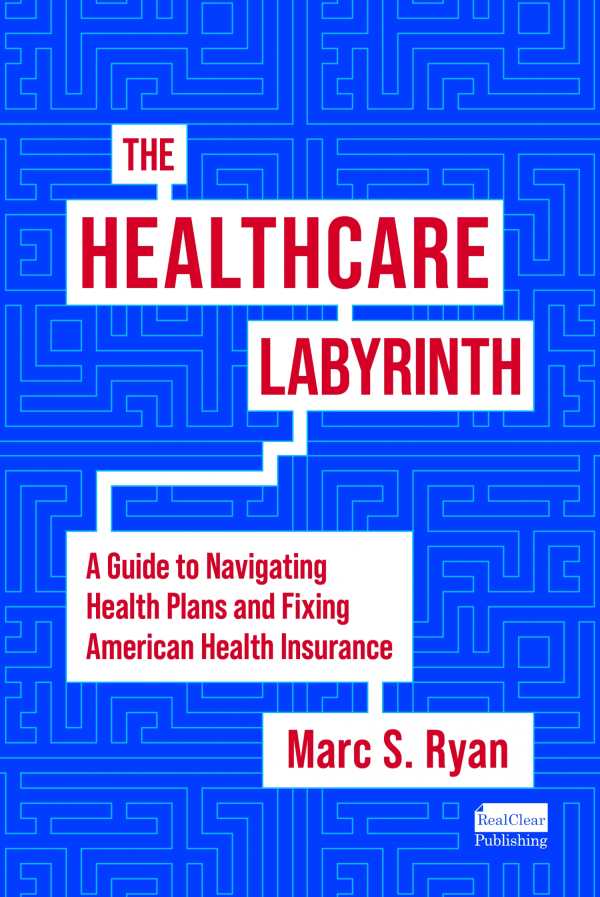The Healthcare Labyrinth
A Guide to Navigating Health Plans and Fixing American Health Insurance
The Healthcare Labyrinth informs, persuades, and prompts reflection on the current maze that is the American health care system.
Forwarding criticisms of the present health care system and hope for a future one, Marc S. Ryan’s The Healthcare Labyrinth takes on the challenge of making US health care understandable while proposing solutions for making it accessible to all Americans.
The book is broken down into three parts: an introduction to the topic and Ryan’s background; an explanation of different health care plans and related terms; and an examination of the pros and cons of America’s health care system, complemented by Ryan’s proposed solutions for it. While some brief opinions are offered throughout the second section, the book’s main purpose—and its successes—are educational.
From the first, Ryan is candid about his background, intentions, and qualifications: he is a Republican who admits that his position is an unusual one within his party, and he argues that investment in health care will ultimately promote Republican ideals of fiscal responsibility and economic competitiveness. He speaks with great respect about both parties, even when disagreeing with certain of their policies and proposals, as with the Medicare for All system that would abolish private insurance.
The sheer complexity of the health care system means that the amount of information covered is overwhelming, yet the book excels in breaking its information down. On a few occasions, however, it strikes an odd balance between presenting information in a way that requires no previous knowledge, while at the same time assuming some other piece of more specialized knowledge, as with previous executive orders.
The book’s chapters are short and its section headers are bolded, making it easy to locate specific topics. Many chapters include helpful reviews of complicated information, as with the differences between Medicare and Medicaid. And Ryan infuses the topic with humor, joking that his Republican colleagues will want to strangle him for supporting expanded health care and poking fun at how complicated the bureaucratic system is. Still, while this humor helps to keep the often dense flow of information engaging, the book’s serious message about America’s health care crisis is always kept at the forefront.
Statistics abound; while they are often put in context of a percentage of the GDP, the significance of such numbers is sometimes hard to appreciate. Comparisons of different metrics between the US and other developed countries prove to be more tangible, painting an alarming picture of the American health care crisis that shows how America spends much more, yet achieves much less. When a statistic has been calculated by Ryan, he makes sure to note it, as well as showing how he calculated it, and saying what its significance to his argument is. He also makes explicit what commentary is meant to be a pure interpretation of the data, and what reflects his personal opinion.
The book concludes with a recommendation for moving forward by promoting universal access—a system that increases Medicare access while still promoting private insurance and placing a emphasis on health care literacy to empower Americans to understand their options. The book acknowledges the political challenges of passing any health care-related legislation, but it remains true to its belief that health care access is ultimately a moral issue: “if healthcare is not a right, it is downright close to it.”
A dense but educational political treatise, The Healthcare Labyrinth informs, persuades, and prompts reflection on the current maze that is the American health care system.
Reviewed by
Vivian Turnbull
Disclosure: This article is not an endorsement, but a review. The publisher of this book provided free copies of the book and paid a small fee to have their book reviewed by a professional reviewer. Foreword Reviews and Clarion Reviews make no guarantee that the publisher will receive a positive review. Foreword Magazine, Inc. is disclosing this in accordance with the Federal Trade Commission’s 16 CFR, Part 255.

